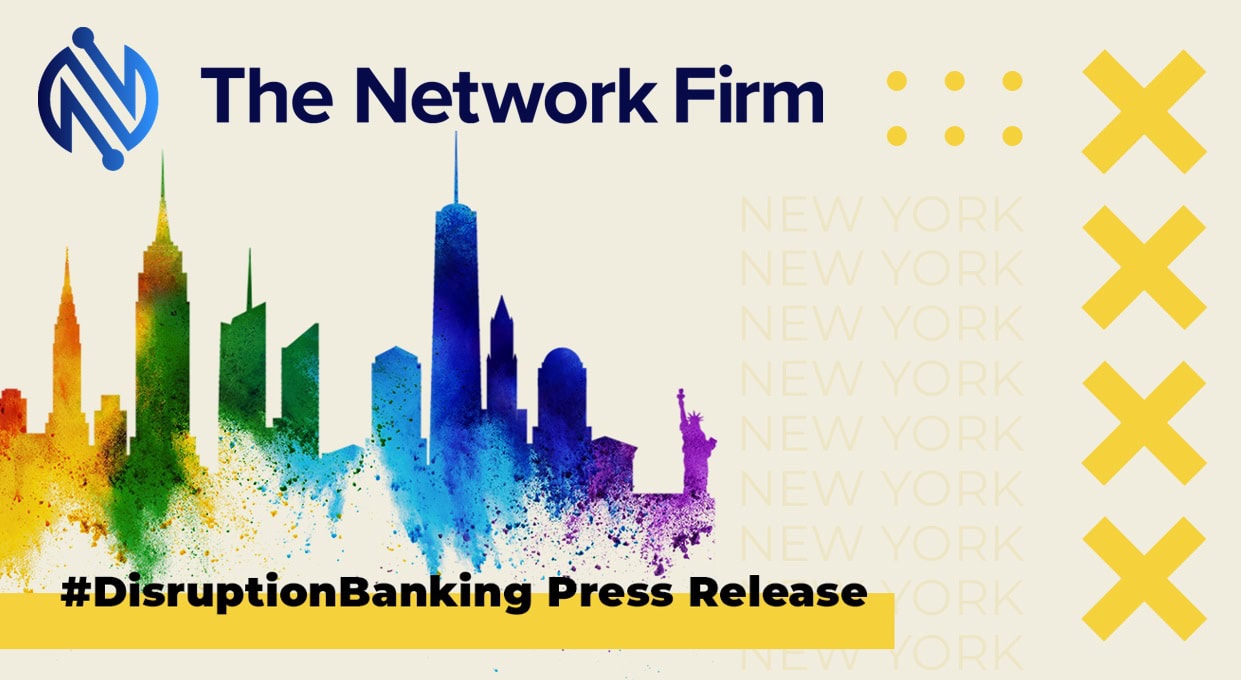Last week, news broke that the Ethereum software giant Consensys has filed a lawsuit against the US Securities and Exchange Commission (SEC). Consensys has alleged that the SEC is aiming to “seize control over the future of cryptocurrency” and that it plans to designate Ethereum as a security.
Consensys has said that “the SEC seeks to achieve regulatory dominion through ad hoc enforcement actions against Consensys and others – enforcement actions that would punish Consensys for accepting and acting in reliance on years of government assurance that ETH is not a security.”
The co-founder of Ethereum and founder of Consensys Joe Lubin added that “the case we have filed is intended to preserve access for the thousands of developers, market participants, and institutions who have a stake in the world’s second largest blockchain.”
Consensys Sues SEC Over Attempts to Regulate Ethereum as a Security
— Decrypt (@decryptmedia) April 25, 2024
► https://t.co/qVgFfwXhLi https://t.co/qVgFfwXhLi
The case is interesting in that a major crypto company is now taking the regulatory fight to the SEC proactively.
While SEC officials, including its Chair Gary Gensler, have in the past suggested that cryptocurrencies should be classed as commodities rather than securities, Gensler has taken the opposite stance in recent years.
The SEC under Gensler has become extremely litigious and has pursued practically all of the major crypto companies in the courts for alleged breaches of SEC guidelines, even though it remains unclear whether cryptos should even be classed as a security in the first place.
Critics of Gensler accuse him of a blatant power grab, while others say that he is simply trying to get a grip on malpractice in what is a huge, ever-growing industry.
"Crypto is at a crossroads" says @coinbase general counsel as @GaryGensler testifies before Senate to fight @CFTC for @SECGov's piece of the crypto pie. @DisruptionBank #crypto #bitcoin #CryptoNewshttps://t.co/VWbRl4BhWu pic.twitter.com/VIn4g56QJD
— Tim Tolka (@TimTolka) September 16, 2022
The recent lawsuit initiated by Consensys is just the latest example of a bitter legal battle over the future of crypto in the United States.
In February this year, the Texas Blockchain Council announced that it would be taking legal action against the US Department of Energy’s Energy Information Administration (EIA). This was in response to the EIA’s issuing of an “emergency” survey to Bitcoin mining companies, which demanded firms hand over sensitive information for general publication. The Council suspected that the information gathered would be used by government agencies to strengthen their attempts to attack the digital assets industry.
The President of the Texas Blockchain Council, Lee Bratcher, said at the time that “the EIA’s actions represent an alarming precedent of government intrusion into private industry operations without just cause or proper process.”
The @TxBlockchain_ alongside one of its members, Riot Platforms, today initiated legal proceedings against the U.S. Department of Energy’s Energy Information Administration (EIA) #bitcoinmining https://t.co/Jzs2yTK72j pic.twitter.com/aD8dWXwVC5
— #DisruptionBanking (@DisruptionBank) February 23, 2024
Then there has also been the ongoing saga of Ripple, which was sued by the SEC over claims that its XRP token is an unregistered security and therefore under the jurisdiction of the SEC. Ripple’s CEO, Brad Garlinghouse, has been publicly critical of the SEC. At the Dubai Fintech Week last year, Disruption Banking reported that he had said “what’s happening in the US is sad.”
“You have a country that is putting politics ahead of policy, and that’s not a good decision. We’ve spent $200 million defending ourselves against a lawsuit which, from its very beginning, people thought was nonsense. The first piece of advice I’d give to any entrepreneur is not to start up in the United States.”
‘Don’t start up in the United States’: Ripple CEO Brad Garlinghouse slams the SEC.
— 🇳🇱 MackAttackXRP® 🇳🇱 67K-XRP-Followers (@MackAttackXRP) May 9, 2023
Brad Garlinghouse’s appearance at the Dubai Fintech Week was filled with not-so-subtle subliminal messages. https://t.co/3ncxpSAWJw
Given the regulatory mess the States has found itself in, it does seem that some firms are heeding Garlinghouse’s advice not to start up in the US. a16z has said that London is “lightyears ahead” of the States because of its more tolerable regulatory regime, and has noted that increasing numbers of firms moving out of the US and into other emerging crypto hubs such as Dubai. Garlinghouse himself has opened a new office in the UAE and has pledged to shift further resources out of US markets.
Bratcher from the TBC thinks that, despite these legal issues, crypto firms should still consider setting up in the States, but be careful about which state.
“The regulatory environment for digital assets in the United States is unquestionably lagging behind that of peer nations,” Bratcher told Disruption Banking. “Despite this, the opportunities to build a business in the largest economy in the world and the rays of sunshine and clarity coming from states like Texas make me optimistic for the future.”
Author: Harry Clynch
#US #Crypto #DigitalAssets #Texas #Regulation #SEC















